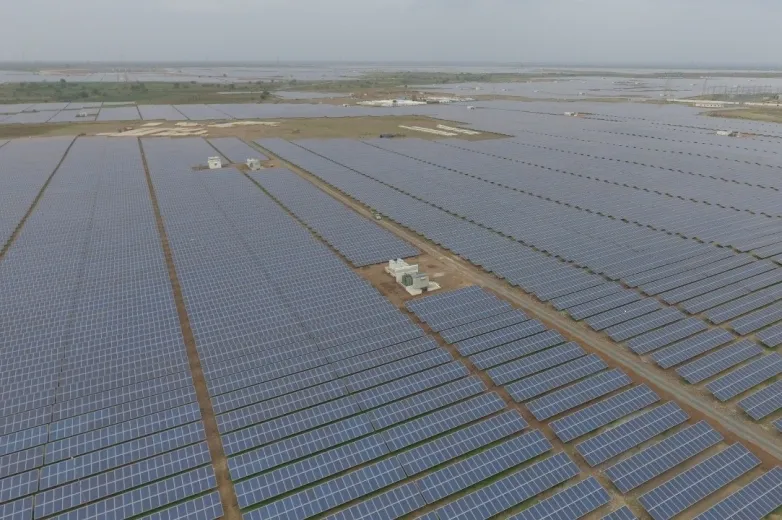India solar module prices up 38% given that mid-2020 as demand outstrips supply
- PV module prices in India have increased by ~ 38% in the last 20 months, in part due to provide chain disruptions and also increasing solar demand, with rates not expected to drop till completion of following year.

That is according to research from JMK Research & Analytics, which found that complying with years of cost declines, module costs have become increasingly unpredictable as well as volatile considering that mid-2020.
The consultancy said that around the world and also in India the cost of mono PERC modules between August 2020 and also November 2021 leapt by ~ 42% and also ~ 40%, respectively.
A supply and demand mismatch is stated to be the most crucial factor that has actually triggered the increases globally, with JMK keeping in mind that new renewables targets were established by nations at COP26 last year, while a lot more corporations are vowing to reach net zero.
Soaring polysilicon costs last year also had a ripple effect while supply chains were additional disrupted by COVID-19 lockdowns that stopped briefly production activity. According to JMK, current lockdowns in China may affect solar module rates too, at least in the short-term.
Various other aspects influencing module prices in India consist of a brand-new fundamental customizeds duty, which has been levied on imports of solar modules at 40% and also cells at 25% as of April 1. Anticipating an upswing popular for India-made solar modules, residential solar producers boosted their prices by ~ 3-- 4% in between February as well as March 2022, according to JMK.
The consultancy claimed module prices in India "are not expected to find down anytime quickly. Thinking about all elements, it is expected article late 2023 or Q1 2024 is the period when we may ultimately see descending trajectory in solar module prices again."
This verdict generally tallies with projections from Finlay Colville, head of marketing research at Solar Media, who thinks module costs are to remain elevated for the next 18 months at the very least. Speaking at an event last month, Colville stated demand for modules globally has to do with 25-- 30% more than what the industry can provide.
With ever-increasing demand, JMK stated it is important for supply in India to catch up to stabilise module rates.
Ahead of the introduction of the BCD, consultancy Fitch Solutions advised that India risks a supply and demand mismatch for solar equipment if domestic PV manufacturers are unable to meet the quantity needed by project designers.
Ever since, independent power producer Scatec revealed it has actually put on hold a 900MW solar plant it is creating in India, citing the BCD and "minimal domestic capacity". Concerns have been elevated that even more PV plants in the nation could be shelved as the tariffs may intimidate some projects' financial viability.
JMK approximates that India will add around 19GW of solar this year, bringing its overall solar capacity to 74GW, well short of the country's 100GW target.
Also read

